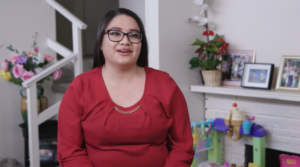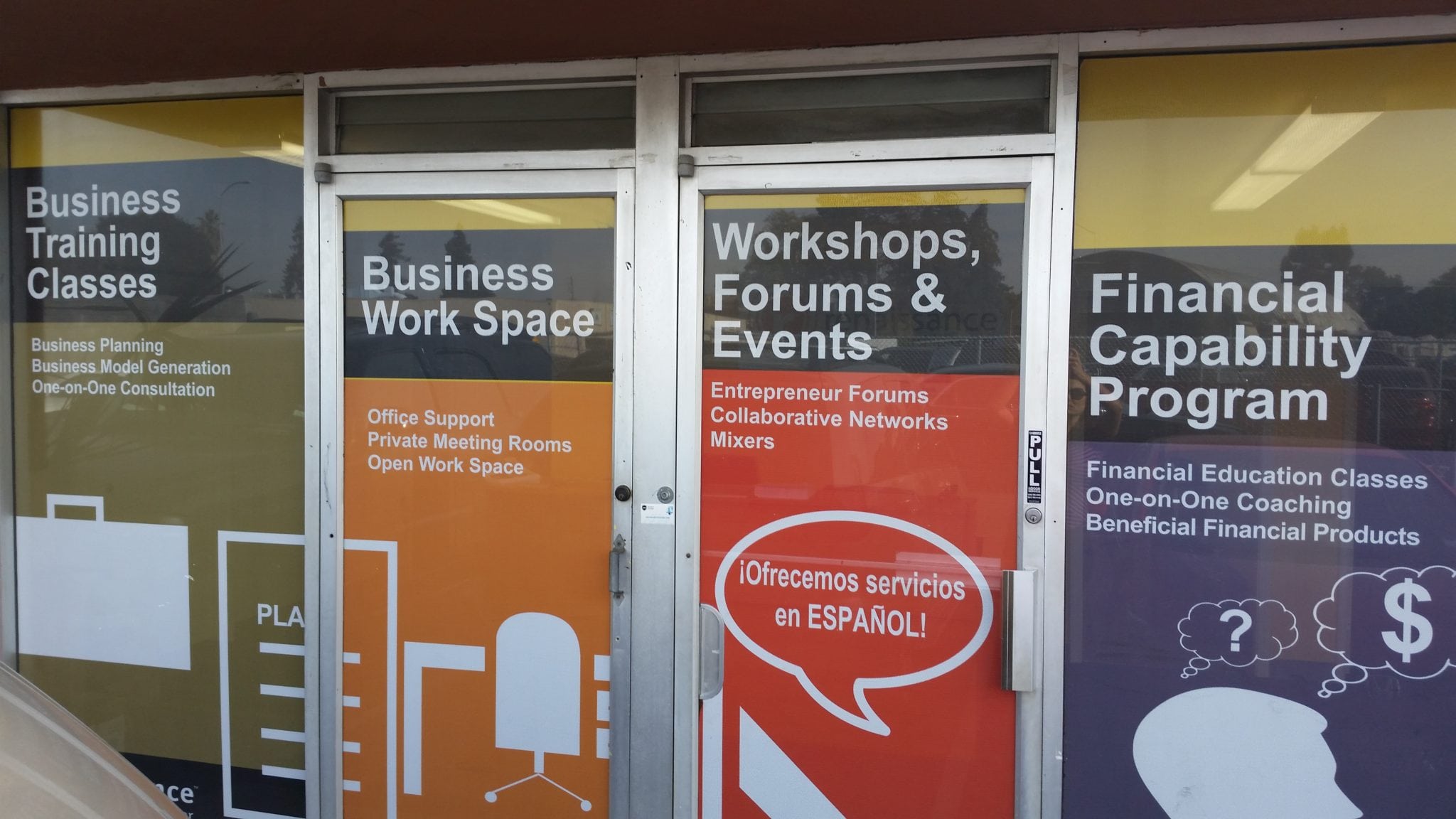HIP Housing
“We’re thrilled to have such a resonant mission match with Sand Hill Foundation as we build family economic stability and promote well-being in our communities.” — Executive Director, Kate Comfort Harr
San Mateo County is one of the most expensive areas in the United States, and this has created a significant housing affordability crisis for low-income residents. According to Sustainable San Mateo County, nearly 25,000 low-income renters in the county lacked affordable housing in 2021. Additionally, 72% of extremely low-income households spent over 50% of their income on housing. The lack of affordable housing in our community exacerbates economic insecurity and mass displacement of low-income residents who are disproportionately Black, Latino, women and immigrants. Many individuals who seek housing support from organizations like HIP Housing often work multiple jobs for long hours and/or live in overcrowded and unsafe living conditions to be able to afford local rental prices.
Sand Hill Foundation funds HIP Housing’s Self Sufficiency Program. Established in 1991, the Self Sufficiency Program empowers low-income parents or emancipated foster youth who live in San Mateo County to build a stable future. This up-to-five-year-program provides housing scholarships to clients who are pursuing a career goal through continued education – whether college or job training. Program staff also provide intensive case management along with financial literacy and life skills training. The goal of the program is to help families move past barriers to their success and build the foundation of support needed to achieve a self-sustaining financial position and a sense of security.
In 2019, Iris was referred to the Self Sufficiency Program from a partner agency. She wanted to build a stable future for herself, her husband, and her young daughter and sought housing and case management support as she pursued higher education.

She came to the program with an extensive history of trauma and very limited financial resources. James Simmons, Iris’s case manager, speaks about her resolve: “Iris is highly motivated to be self-sufficient because she has a great love for her family.”
Along with intensive, trauma-informed case management, life-skills resources, and financial literacy workshops, Iris’s family received a housing scholarship. For low-income individuals, housing costs are typically the greatest source of financial burden. “Housing was a key element,” said Simmons. “That relieved a lot of stress and gave Iris the opportunity to focus on her education, and focus on being a parent, focus on being a spouse.”
Iris will receive her AS degree in Allied Health this spring, an important step in her journey to becoming a Registered Nurse. Iris describes how her daughter motivates her: “I want to be a role model for her and show her that everything is possible and that she can do anything that she wants in this life.”

